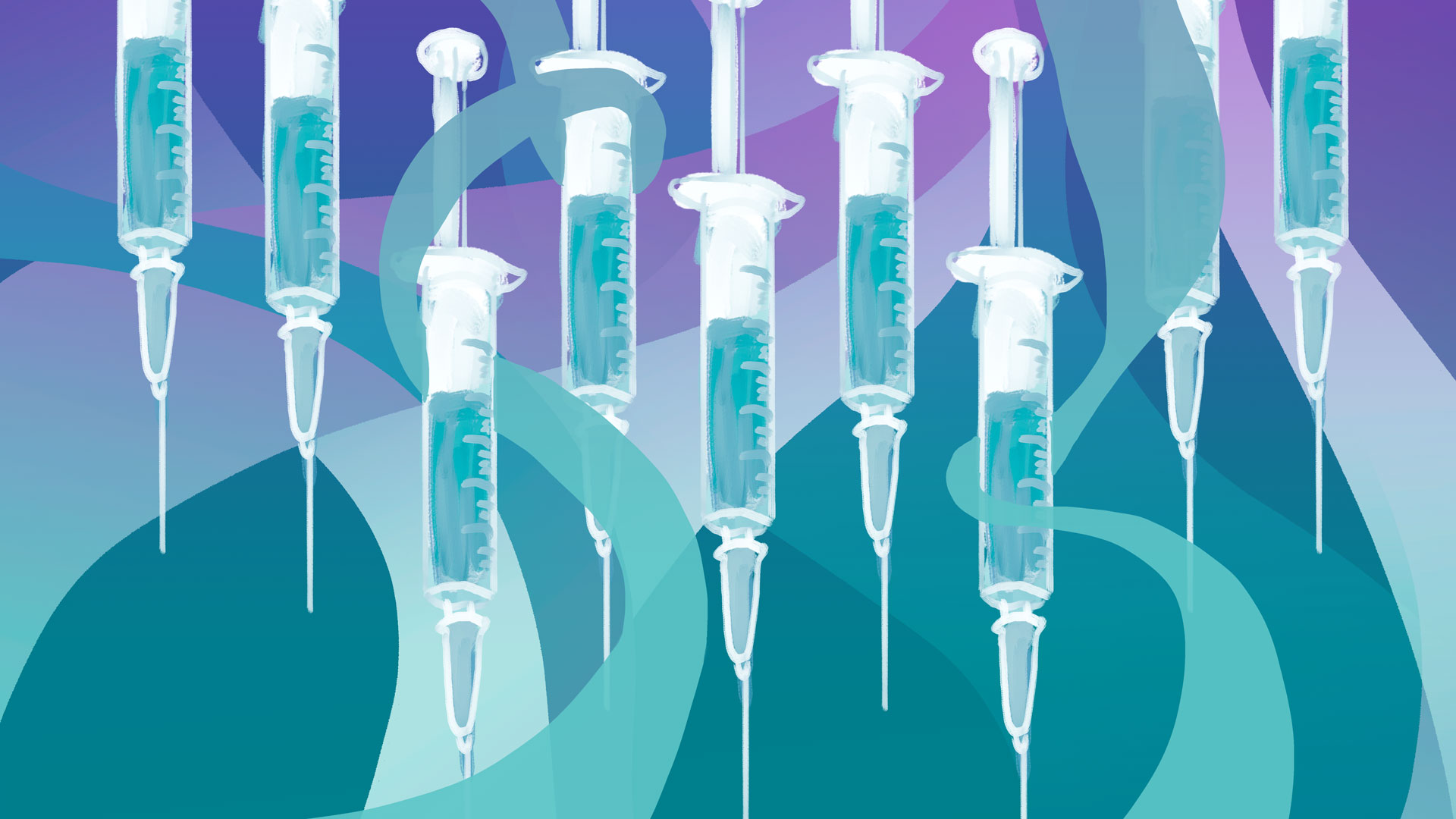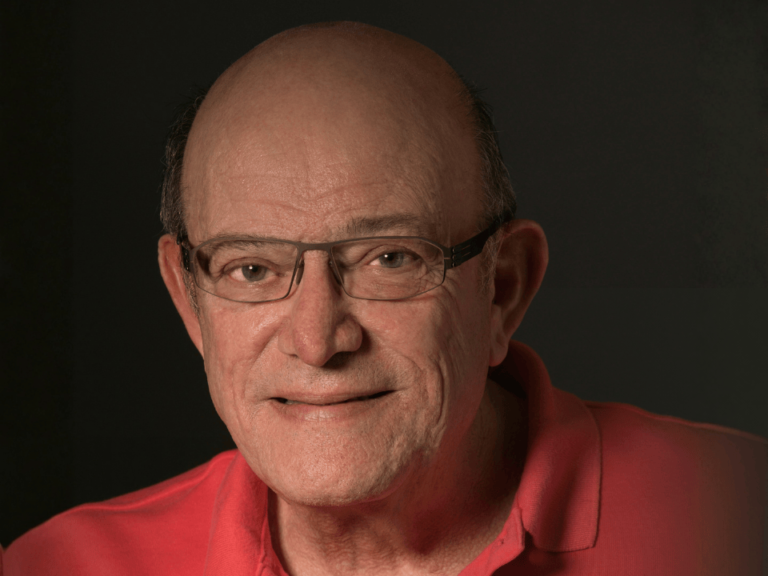This story is part of The Cancer Letter’s ongoing coverage of COVID-19’s impact on oncology. A full list of our coverage is available here.
As the world faced the threat of a novel respiratory pathogen, SARS-CoV-2, in the first months of 2020, there was a great deal of uncertainty about its effect on people, especially those living with a diagnosis of cancer.
Given the worldwide prevalence of cancer and the high transmissibility of SARS-CoV-2, there was a pressing need to understand its epidemiology, risk factors, outcomes, and interactions of anti-cancer treatment with anti-COVID therapies in this very vulnerable population.
Many of us were sidelined from our normal activities by mid-March 2020, as the pandemic escalated in the United States. We also watched with horror as colleagues in China and then in northern Italy were crushed by an avalanche of severely ill patients.
However, unlike the cowardly father in the movie Force Majeure, we watched with pride our brave colleagues, such as Li Wenliang in Wuhan and Marina Garassino in Milan, racing towards the impending wall of fury.
It was this sense of urgency that led to a very active conversation on Twitter on the weekend of March 14-15, 2020, initiated by one of us (Aakash Desai), at that time an internal medicine resident at the University of Connecticut.
As tweets sometime do, these comments caught the eye of a critical mass of interested and motivated people. On a platform better known for political grandstanding at that time, we began to have a serious conversation about our lack of knowledge and potential avenues for remediation.
In a remarkably short period of time, less than 24 hours, this Twitter conversation led to a global crowdsourcing effort called the COVID-19 and Cancer Consortium (CCC19).
Due to the ease and access of the research data capture tool REDCap, we were able to build, test, and deploy a survey tool within 48 hours of inception. Pertinent clinical variables were crowdsourced from the growing membership and continue to be added as new treatments, complications, and preventive measures come to light.
CCC19 now comprises nearly 130 cancer centers and organizations from the United States of America, Canada, and Mexico (Figure 1). Membership has grown by leaps and bounds, with nearly 500 investigators from community practices, academic medical centers, and the largest NCI-designated Cancer Centers and Comprehensive Cancer Centers all taking an active role.
Figure 1: CCC19 participating institutions, as of March 2021


The CCC19 registry (NCT04354701), formed with an aim to collect granular data on patients with cancer and COVID-19 at scale and as rapidly as possible, currently is the largest and most comprehensive database on the effects of COVID-19 on patients with cancer (Figure 2).
Figure 2: Cumulative cases reported to the CCC19 registry.


Cores and committees: Governance through speed, rigor and nimbleness
The consortium is governed by a Steering Committee composed of members with a diverse clinical and research background in oncology, hematology, infectious diseases, viral epidemiology, and clinical informatics.
In addition to the Steering Committee, operational subcommittees include Data Use and Publications (to establish authorship guidelines for projects utilizing CCC19 data and/or resources), Funding (to identify sources of funding for the consortium, disseminate this information to consortium members, and assist in the writing and critical revision of grants), Epidemiology (to establish guidelines and provide support to investigators in designing and executing studies with the highest rigor, reproducibility, and impact), Biostatistics (to conduct analyses with rigor and reproducibility), Informatics (to develop and maintain the registry and oversee standardization of the data model, future integration of data directly from EHRs, and visualization of data), and Patient Advocacy (to engage with patient communities and advocacy networks and to coordinate outreach).
A Scientific Executive Committee was recently formed to allow for expert involvement from governmental employees, e.g., from the U.S. Food and Drug Administration.
Promoting trainees and Early-Stage Investigators (ESIs), mentorship opportunities, professional networking for COVID-19 research and beyond
CCC19, from its beginning, has recognized that as key members of the oncology team, trainees have a unique role to play in data generation, outreach, education, inclusiveness and change.
It has prioritized trainee engagement in its efforts, with opportunities to contribute to research publications and presentations at scientific meetings. It has provided trainees, who often underestimate their ability to make a difference in biomedical research, with a unique opportunity to offer their skills and knowledge to help in the fight against COVID-19 and cancer.
Moreover, this has provided unique mentor-mentee relationships and professional networking opportunities (especially in an era where most meetings have moved to virtual platforms) to continue research beyond COVID19 as trainees and ESIs develop their careers as cancer researchers.
Similar to the NCI, internal project proposals submitted by ESIs are given relative priority, whenever possible.
Transparency and frequent communication with consortium partners
New realities of virtual working are both the bane and boon of our existence. Without social networking and teleconferencing tools such as Twitter, Slack, and Zoom, CCC19 would simply not exist. Likewise, a secure web-based platform for data entry such as REDCap makes the possibility of a widespread effort of data capture a reality. Nevertheless, we continue to be stymied by the limits of some technologies which bring more promise than punch.
As some of our manuscripts have grown to more than 100 authors, we find that truly collaborative software solutions are ephemeral. As just one example, our efforts to work on critical documents through cloud-based platforms more often than not run into institutional firewalls of any consensus shared tool, version mismatches, and document safety.
Initial reports shed light on prognosis in patients with cancer and COVID-19
Our first peer-reviewed publication from the initial cohort of 928 patients with cancer published in The Lancet, was the largest report on laboratory-confirmed SARS-CoV-2 infections from the US, Canada, and Spain reported between March 17 and April 16, 2020.
We found significant associations with increased 30-day all-cause mortality and the general factors of increasing age, male sex, former smoking, number of comorbidities, and receipt of azithromycin plus hydroxychloroquine; and the cancer-specific factors of moderate or poor Eastern Cooperative Oncology Group (ECOG) performance status and active (measurable) cancer.
We rapidly investigated the potential role of COVID-19 treatments specifically in patients with cancer in a cohort of 2,186 patients in a follow-up study, published in Cancer Discovery. We found that hydroxychloroquine increased mortality when combined with any other drug (usually azithromycin). Remdesivir had numerically reduced mortality versus untreated controls that did not reach statistical significance.
These and other CCC19 studies have been highly cited in the literature (Figure 3). Our most recent analysis, published this week in the Annals of Oncology, reports on nearly 5,000 patients with active or historical cancer and laboratory-confirmed SARS-CoV-2 recorded between March 17 and Nov. 18, 2020.
In this analysis, we found that non-Hispanic Black race, Hispanic ethnicity, recent cytotoxic chemotherapy, and hematologic malignancy were all associated with higher COVID-19 severity, findings that were not evident with the previous smaller case numbers.
FIGURE 3: CCC19 PUBLICATIONS IN THE FIRST YEAR OF OPERATIONS.


What comes next?
As we turn the corner on the first year of CCC19, we have begun asking ourselves some probing questions.
First and foremost – have we now learned enough about the acute effects of COVID-19 on patients with cancer? Do we have enough cases collected to answer the most pressing questions that currently exist?
We are also thinking about how to pivot to the most urgent questions of patients and care providers as the pandemic becomes more chronic and hopefully begins to subside, with widespread vaccinations especially in the older most vulnerable populations.
Two burning questions which will be a focus of our medium- and longer-term efforts are:
- Do vaccinated patients with cancer who still contract COVID-19 have a milder course of illness, or are they still at the same risk for the severe outcomes of hospitalization, mechanical ventilation, and death compared to unvaccinated?
- What are the longer-term implications for patients with cancer who survive COVID-19? Will they develop “long COVID” at a higher rate than the general population, and will any delays or modifications to cancer treatment as a result of COVID-19 have a longer-term effect on their prognosis?
These questions may take years to answer, and we are preparing a response to the NIH’s recently announced Post-Acute Sequelae of SARS-CoV-2 (PASC) Initiative.
Our first scientific retreat – March 26, 2021
We are also taking a moment to mark our first anniversary of an unprecedented collaboration among clinicians, researchers, and patient advocates facing an unprecedented pandemic of our generation.
To commemorate the occasion, we have organized a scientific retreat, taking place on Friday March 26 from 10:00-12:30 p.m. CDT. This retreat is open to the public and will feature a keynote speech by Dr. Steven Pergam MD, MPH (Fred Hutch), a member of the FDA’s Vaccine Advisory Committee for the COVID-19 vaccines, and expert in vaccines in the immunocompromised.
We have also invited representatives of the ASCO, ESMO-CoCARE, and TERAVOLT registries to join us in a panel discussion on COVID-19 and Cancer Registries: Lessons Learned and Paths Forward. This panel will be moderated by Dr. Andrew C. von Eschenbach MD (Commissioner of the United States Food and Drug Administration, 2006–2009; 12th Director of the National Cancer Institute, 2001-2006).
Finally, we will have a panel on Health Equities and Patient Engagement, topics which have come to the forefront both related to COVID-19 and to our wider societal challenges. This panel will be moderated by Dr. Joel Tsevat MD, MPH (Center for Research to Advance Community Health [ReACH], UT Health San Antonio) and will feature CCC19 Steering Committee member Corrie Painter PhD (deputy director, Count Me In, Broad Institute and cancer survivor) and two ESI from CCC19, Narjust Duma, MD (assistant professor and thoracic oncologist at University of Wisconsin-Madison) and Sonya Reid, MBBS, MPH (assistant professor and breast oncologist at Vanderbilt University Medical Center), Interested members of the public can register here
As we embarked on the journey to answer questions related to COVID-19 and cancer, we were reminded of the novel Blindness, where the author described an epidemic causing nearly all inhabitants of the city to lose their sight leading to fear, anxiety, social disruption, and despair.
Today, one year out, we continue to work on the many pressing questions raised by the pandemic, thinking about not only the immediate effects of COVID-19, but also its long-term consequences and how we leverage the lessons learned over the last year to open our eyes to a better, stronger, healthier, and united future.

















